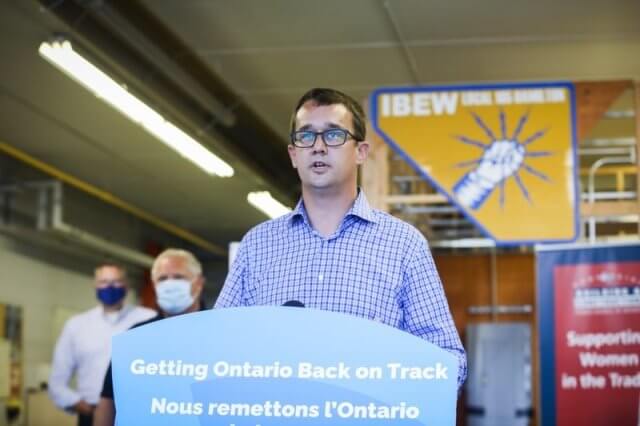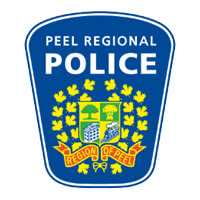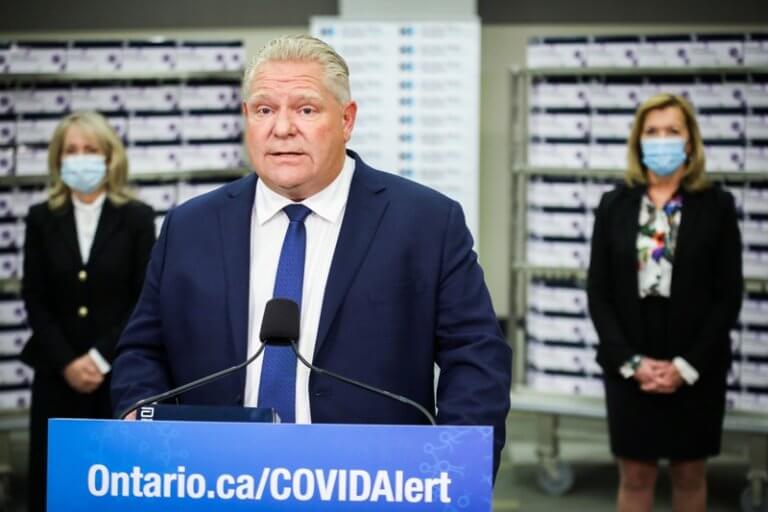Ontario Protecting the Health and Safety of Paramedics
Province working with labour partners to ensure those providing emergency medical services get home safe
The Voice of Canada News:
The Ontario government is working for workers by establishing a Paramedic Services Committee under the Occupational Health and Safety Act (OHSA) to develop resources that address the unique health and safety risks these frontline heroes face.
“In every community, paramedics are on the front lines each and every day saving lives,” said Monte McNaughton, Minister of Labour, Immigration, Training and Skills Development. “These everyday heroes work tirelessly to bring us the medical attention we need, and in return, they deserve to get home safe too. I look forward to working with the newly established committee to ensure our paramedics receive the support they need.”
OHSA committees, formed under Section 21 of the Act, are comprised of both employer and labour representatives, who provide the Minister with technical expertise and sector-specific advice on health and safety issues, including recommending regulatory changes and actions on emerging issues.
“Ontario’s paramedics have been valuable partners to our government in building a more convenient and connected health care system,” said Deputy Premier and Minister of Health Sylvia Jones. “Many go above and beyond to be there for Ontarians and as we continue to work together to deliver care across the province, this new committee will ensure our paramedics have the support and protection they deserve.”
Paramedics respond to over 1.6 million calls every year. They face risks that are separate and distinct from those of doctors, nurses and other healthcare professionals who typically don’t engage with their patients outside of their hospital, facility or office.
With support from CUPE, Unifor and labour leaders across the province, our government is protecting workers and working across the health and safety system to support and foster safe workplaces.
“On behalf of the CUPE Ambulance Committee of Ontario (CACO) and the paramedics we represent, we are pleased with the announcement today regarding the new Paramedic Services Section 21 Committee,” said Ian Nash, CACO Health and Safety Representative. “The paramedic unions (CUPE, SEIU, OPSEU & Unifor), OAPC and various stakeholders met for the first time in May 2008, and since that day the committee has been very professional with dealing with the health and safety issues arising affecting our profession and developing guidance notes, and will continue this practise for years to come.”
The new paramedic services committee will complement the existing first responder committees for fire and police services while providing a focused channel for recommendations from experts, employers, and workers.
“Today’s announcement of the creation a Paramedic Section 21 Committee demonstrates the commitment by our government to protect the health and safety of paramedics in Ontario,” said Chief Michael Sanderson, President of the Ontario Association of Paramedic Chiefs (OAPC). “The OAPC has advocated, with its partners from all unions, to establish this committee and we thank Minister McNaughton for his support in moving to this new format.”
Quick Facts
- Examples of risks paramedics face while transporting and caring for patients includes violence, exposure to harmful chemicals and traumatic events. Paramedics are on the frontlines and sometimes respond to calls in place of firefighters or police.
- Section 21 committees include equal membership from both labour and management, which allows stakeholders with competing interests to exchange information and build consensus.
Quotes
“The establishment of a standalone Section 21 committee for the paramedic sector is a win for our members and for paramedics across the province. EMS work is extremely diverse and encompasses practices not found in other health care professions, which is why for years we have been calling for paramedics to have a standalone committee like our fellow first responders in fire and police services. Nothing can match the experience of front-line paramedics. We’re hopeful this standalone committee will result in improved health and safety for our sector, and enhanced EMS delivery for the people of Ontario.”-Dave Doran, OPSEU Ambulance Division
“Paramedics dedicate their careers to public service, and they deserve to feel safe at work. The creation of this collaborative committee is a vital investment in the physical, emotional and psychological wellbeing of our paramedics. Thank you to Minister McNaughton and Minister Jones for their ongoing support and recognition of the unique challenges that paramedics face every day responding to the needs of the community.”-Bikram Chawla, Acting Chief, Toronto Paramedic Services
“I am very pleased that Minister McNaughton has recognized the valuable role paramedics and communication officers play in Ontario by creating a full Section 21 committee for paramedic services. The important work that is undertaken by this committee is a great opportunity for industry stakeholders to make important recommendations and provide practical guidance for employers and workers on matters impacting paramedicine in Ontario.”– Colin Heise
Commander, Professional Practice & System Oversight, Middlesex-London Paramedic Service
“As the role of a paramedic continues to expand to meet the emergent and chronic healthcare needs of the province, this news release announcing the creation of a full Section 21 committee for paramedics is a much-needed improvement that streamlines the process and allows for a quicker response to this work sectors’ health and safety concerns.”– Wayne Markell, Deputy Chief, Cornwall SDG Paramedic Services







